Ultimately, the only power to which man should aspire is that which he exercises over himself
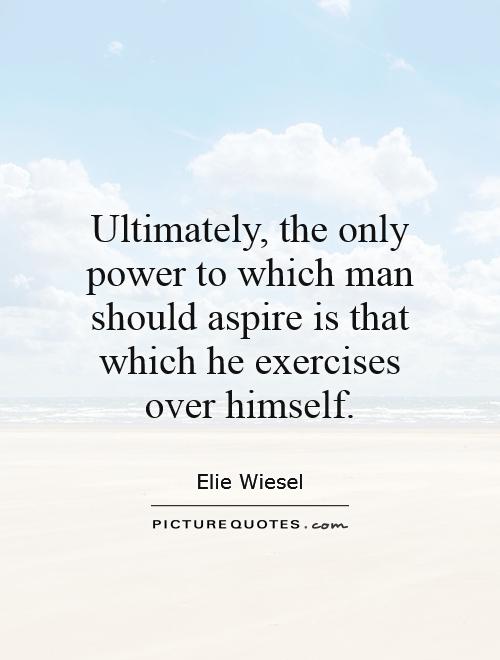
Ultimately, the only power to which man should aspire is that which he exercises over himself
Elie Wiesel, a Holocaust survivor and Nobel laureate, understood the importance of self-control and inner strength in the face of unimaginable adversity. Throughout his life, Wiesel exemplified the idea that true power lies in the ability to govern oneself, rather than seeking power over others.Wiesel's experiences during the Holocaust shaped his belief in the power of self-mastery. As a young boy, he endured the horrors of the Auschwitz and Buchenwald concentration camps, witnessing the worst of humanity's cruelty. In the midst of such darkness, Wiesel found solace in his own inner strength and resilience. He refused to let the atrocities he witnessed diminish his humanity or his faith in the goodness of the world.
After the war, Wiesel dedicated his life to bearing witness to the Holocaust and speaking out against injustice and oppression. Through his writing and activism, he sought to inspire others to confront the darkest aspects of human nature and strive for a more just and compassionate world. Wiesel understood that true power comes from the ability to control one's own actions and emotions, rather than seeking dominance over others.
In his famous quote, "Ultimately, the only power to which man should aspire is that which he exercises over himself," Wiesel encapsulates his belief in the importance of self-mastery. He believed that true strength comes from within, from the ability to resist the temptation to harm others or succumb to hatred and despair. Wiesel's own life exemplified this principle, as he faced unimaginable suffering with courage and dignity, refusing to let the horrors of the past define him.
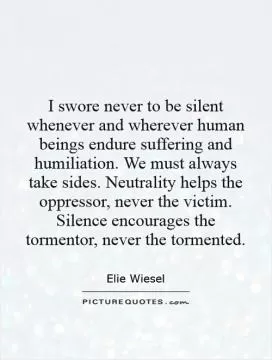
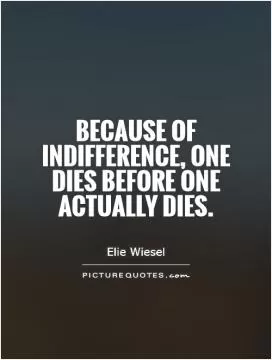



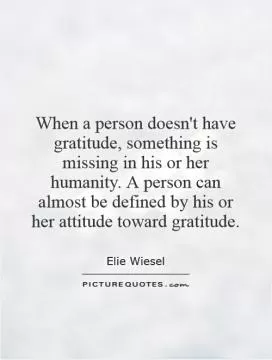
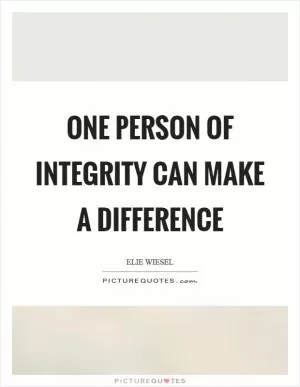

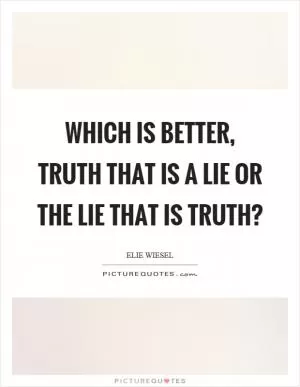
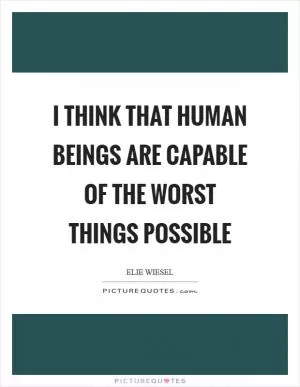

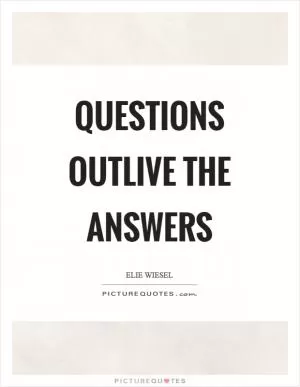
 Friendship Quotes
Friendship Quotes Love Quotes
Love Quotes Life Quotes
Life Quotes Funny Quotes
Funny Quotes Motivational Quotes
Motivational Quotes Inspirational Quotes
Inspirational Quotes